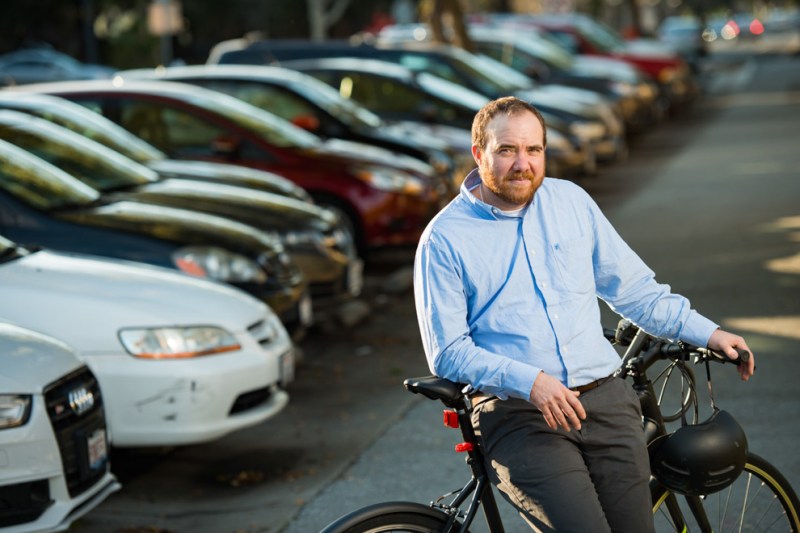To tackle the ethical and policy questions that surround climate change, philosophy Ph.D. student Blake Francis is bringing the tools of his discipline to develop a moral framework for the difficult problems.

Chris Field Ph.D. ’81, director of the Stanford Woods Institute for the Environment, explained to Stanford News why policymakers, economists and scientists struggle to grapple with the morality of climate change inaction within the confines of their fields.
“The important questions are human ones,” said Field to Stanford News. “What will people decide is important regarding climate change? Natural science can’t speak to those issues, and philosophy can.”
For Francis, the search for a moral basis for discussing climate change is both imperative and elusive. He said that the subject raises thorny questions about the value that society should place on future generations, and the emission reduction obligations for developed and developing countries.
In his research, Francis has examined several case studies involving tough climate trade-off decisions. In an interview with Stanford News, he explained that the case studies often illuminate difficult moral dilemmas, especially in developing countries with inadequate energy supply.
“To actually determine whether a country’s emissions are morally justified… you have to go case-by-case,” Francis said.
Francis also examines individual policies and decisions made by governments or NGOs, such as the World Bank. Scientists and economists already have methods for analyzing the net costs and benefits of climate decisions, but moral frameworks don’t necessarily weigh costs and benefits in the same way. For example, a Bangladeshi village being displaced by sea level rise might be justified in a strictly economic framework, but not a moral one.
While philosophy research can often seem abstract, Francis’s project could have critical policy implications. Debra Satz, Marta Sutton Weeks Professor of Ethics in Society and senior associate dean of the humanities and arts, told Stanford News that Francis’s research “is poised to make a significant contribution to our obligations to others in the context of the differential consequences of climate change.”
“It’s political philosophy at its best – illuminating, deep and action-guiding,” Satz added.
Contact Sierra Garcia at sgarcia3 ‘at’ stanford.edu.
